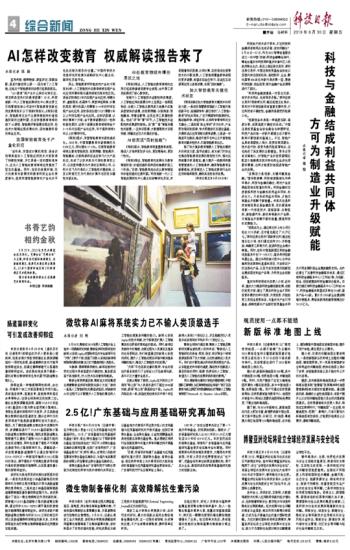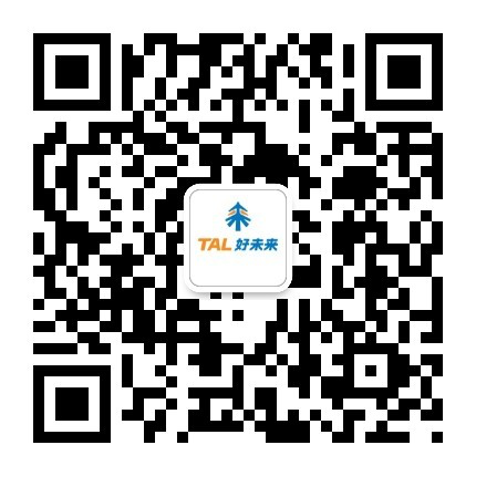
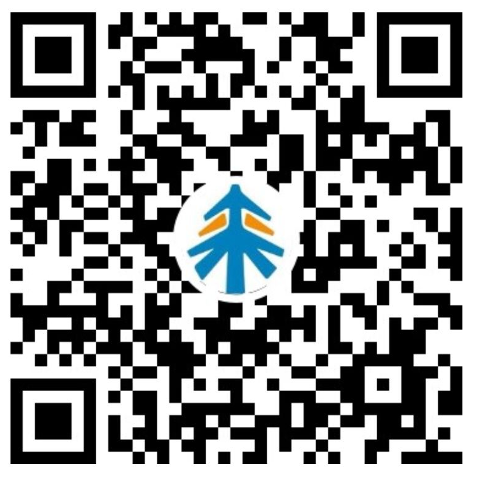
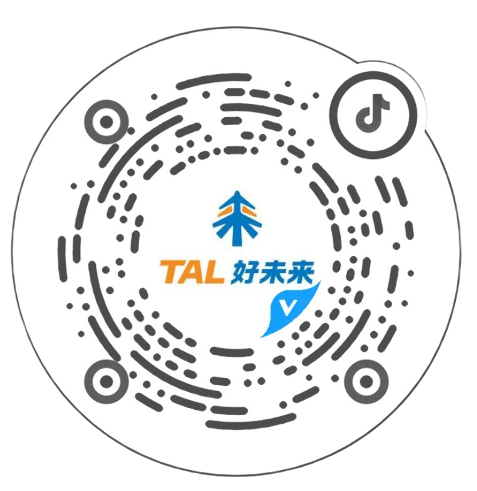

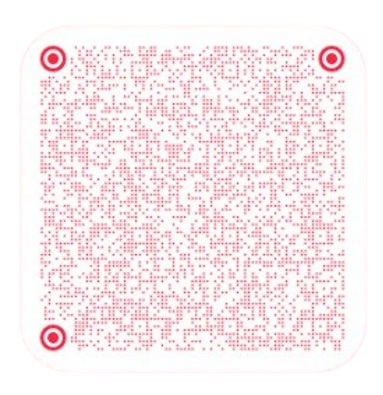
Supervising and grading exams, piano accompaniment, classroom assessment, answering questions, and even replacing teachers in class... Because of artificial intelligence, these ideas about intelligent education have become a reality.
"AI+ Education" will produce what kind of chemical reaction and how will it change our educational landscape? On the 29th, the Ministry of Science and Technology and Roland Berger Management Consulting Co., Ltd. jointly released the "Intelligent Education Innovation Application Development Report" (hereinafter referred to as the "Report"). The "Report" shows that intelligent education is in a transitional period from teaching assistance to value creation. It has been implemented in offline AI courses and intelligent assessment in the field of education in our country, but mature commercial applications tailored to individual needs have not yet been widely seen.
Intelligent education in China is at the forefront of industrialization
"In recent years, China has made continuous breakthroughs in typical artificial intelligence application technologies such as computer vision and speech recognition and has gained certain international competitiveness, which has laid a solid foundation for the application of artificial intelligence in the field of education. At the same time, a good policy environment, huge demand in the education market, and deep involvement of educational technology companies have made China's intelligent education industrialization level at a relatively advanced position," said Gao Fang, Deputy Director and Associate Researcher of the Policy and Strategic Research Center of the China Institute of Science and Technology Information.
So, when will intelligent education move towards industrialization? The "Report" analyzes that the time required for the industrial application of artificial intelligence technology in the field of education is fundamentally similar to that in the general field. Speech recognition is expected to achieve industrial application within 2 years. Predictive analysis, virtual reality, machine learning, deep neural networks, computer vision, and chatbots all need 2-5 years to achieve industrial application. Natural language processing (NLP) will take more than 5 years to achieve industrial application. In terms of knowledge graphs and cognitive computing, due to the better uniformity and convergence of educational scenarios, these two scenarios will achieve industrial application in the field of education within 2-5 years, which is earlier than the general field's waiting time of more than 5 years.
The "Report" shows that China's intelligent education market is growing rapidly. In 2018, the size of the Chinese smart education market was approximately 532 billion yuan, a year-on-year increase of 17.13%. Currently, the main products in the field of intelligent education are intelligent grading, photo searching for questions, intelligent assessment, intelligent question banks, graded reading, and adaptive learning, forming four key market entities: educational companies represented by New Oriental Education & Technology Group Inc., Internet companies represented by Baidu and Tencent, artificial intelligence technology providers represented by iFLYTEK, and computing platforms represented by Alibaba.
Areas where AI can be used in the field of education
The "Report" points out that the application of artificial intelligence in the field of education has gradually penetrated the entire teaching process, expanding from peripheral tools to core teaching.
Due to the adaptability and maturity of artificial intelligence technology, its application in scenario distribution presents some obvious features: current AI mainly focuses on scenarios with low complexity, such as photo searching for questions, graded reading, intelligent question banks, and exam diagnostics, all of which are clearly tool-oriented applications. However, in the "assessment" and "management" stages, the adaptability and maturity of artificial intelligence technology are both relatively low. Once there is a breakthrough in technologies such as knowledge graphs and big data, scenarios with service attributes such as "teaching" and "preparation" will release significant potential value.
Can AI achieve "customized teaching"?
The "Report" shows that intelligent education will reshape the educational process and promote the diversification, precision, and individualization of talent development.
The "Report" points out that the development of intelligent education can be divided into three stages: teaching assistance, value creation, and customized teaching. "Currently, intelligent education is in a transitional period from teaching assistance to value creation," said Xu Feng, Researcher at the New Generation of Artificial Intelligence Development Research Center of the Ministry of Science and Technology. In the future, with the continuous development of technologies such as knowledge graphs, cognitive computing, and natural language processing, artificial intelligence will cover more scenarios in the teaching process and is expected to mature in applications such as adaptive learning and interactive courses, achieving "customized teaching."
Increasing the research and development of key technologies in intelligent education
The "Report" recommends increasing the research and development efforts of key technologies in intelligent education: first, relying on the National Artificial Intelligence Open Innovation Platform for Smart Education, establishing a multidisciplinary and cross-regional "AI + Education" research community to extensively conduct interdisciplinary exploratory research and promote the integration of disciplines such as neuroscience and cognitive science; second, strengthening the multi-party cooperation among government, enterprises, academia, and research, where the industrial sector strengthens research and exploration, the academic sector provides a solid theoretical foundation, and eventually pilots the application in related teaching scenarios; and third, further promoting platform construction, opening key common technologies in intelligent education to the public, and creating an intelligent education ecosystem.
In addition to increasing the research and development efforts of key technologies in complex educational scenarios, Gao Fang also suggests that relevant departments should promptly issue planning documents to promote the development of intelligent education, strengthen the application deployment, and implement it effectively; focus on enhancing the artificial intelligence literacy of frontline teachers and education managers, ensuring the implementation of intelligent education in various scenarios; and urgently formulate application standards and regulations for the use of artificial intelligence in the education industry, ensuring its healthy and orderly development.
